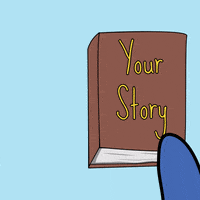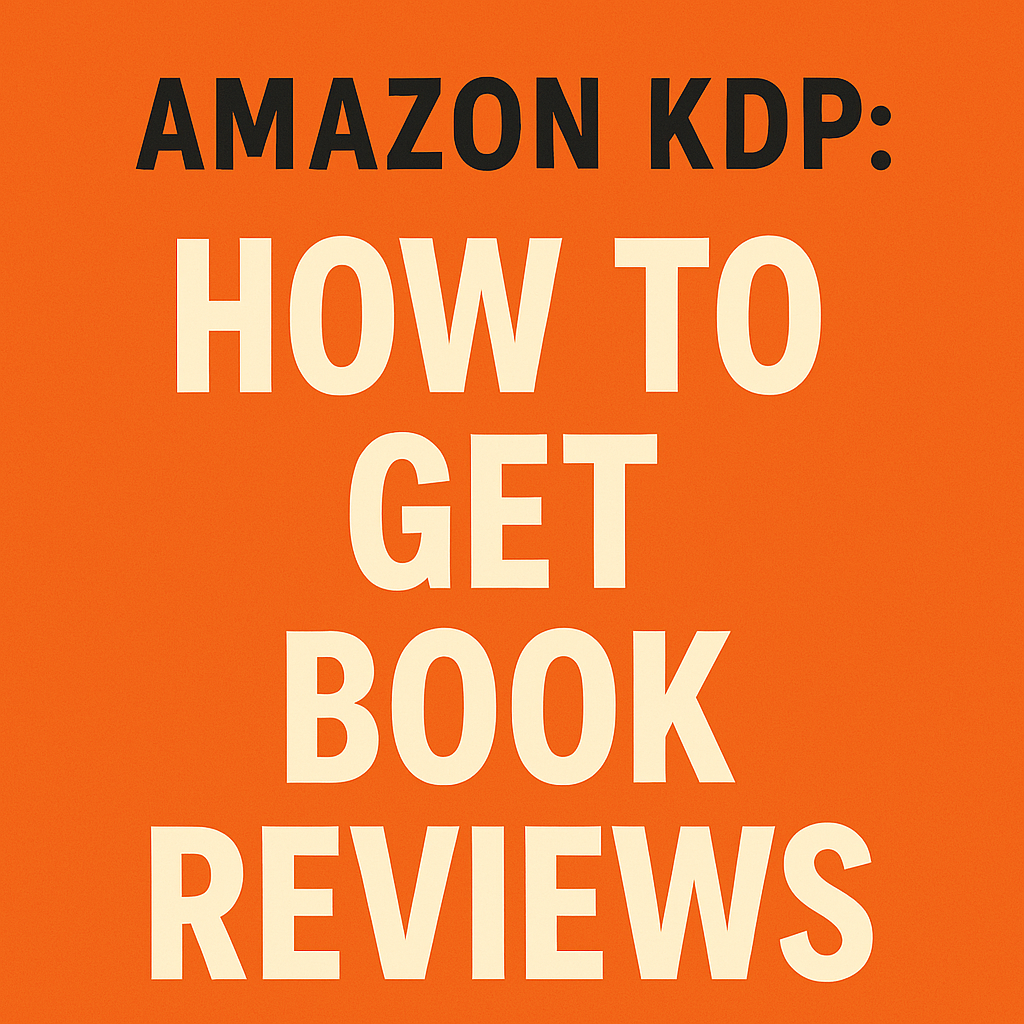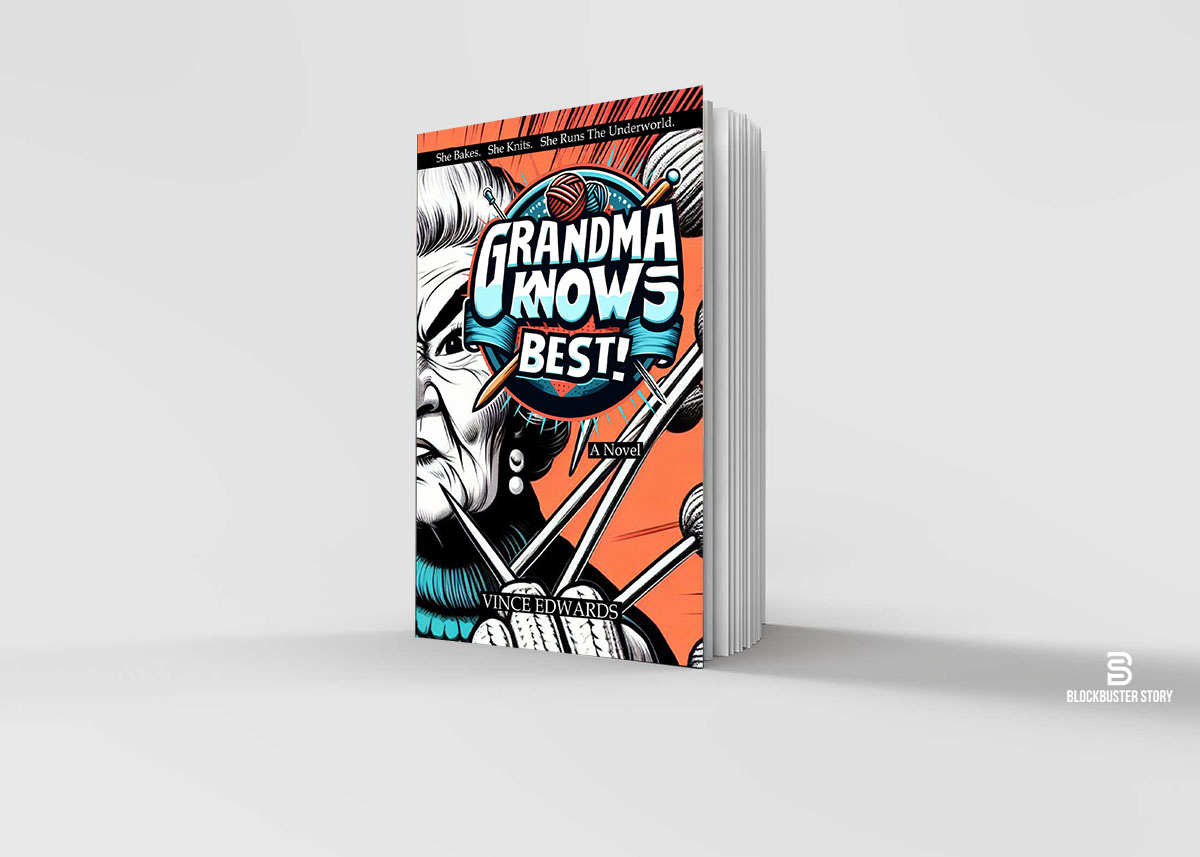Are you an aspiring novelist grappling with the question of how many chapters your book should have?
The structure of a novel is crucial to its readability and flow, and the number of chapters plays a significant role in achieving that balance.
In this blog post, we will delve into the factors you should consider when deciding on the ideal number of chapters for your novel.
The Art of Chapter Length
Before we dive into chapter numbers, let’s first explore the concept of chapter length.
Chapter length can vary widely across different genres and authors’ styles, but it is essential to strike a balance.
Short, snappy chapters can create a sense of urgency and keep readers engaged, while longer chapters provide an opportunity for in-depth exploration of characters and plotlines.
Consider the following when determining chapter length:
- Pacing: Shorter chapters are typically associated with faster-paced narratives, whereas longer chapters allow for more breathing room and slower progression. Tailor your chapter lengths to match the pace you want to establish.
- Narrative Arc: Chapters often serve as mini-arcs within the larger story. A chapter might introduce a conflict, develop it, and ultimately resolve it. Adjust chapter length to ensure each mini-arc is complete and satisfying.
- Reader Experience: Think about your target audience and their reading habits. Are they likely to read in short bursts, such as during a commute, or do they prefer longer sittings? Tailor chapter lengths to provide convenient stopping points and accommodate different reading preferences.
Striking the Right Balance: Determining the Number of Chapters
Now that we have a grasp on chapter length, let’s explore the factors that can help you decide how many chapters your novel should have:
1. Story Length and Complexity
The length and complexity of your story should guide your chapter count.
Consider the following:
- Epic Sagas and Lengthy Novels: If you’re writing an epic saga spanning multiple generations or a lengthy novel with intricate subplots, you might benefit from a higher number of chapters. This allows you to structure the story into manageable sections and facilitates reader engagement.
- Shorter Novels and Simpler Plots: Conversely, if you’re writing a concise novel with a straightforward plot, you might opt for a smaller number of chapters. This approach can create a sense of cohesion and unity.
2. Narrative Structure
The narrative structure you employ can influence the number of chapters.
Consider the following options:
- Linear Narratives: If your story follows a linear progression from beginning to end, you might find that a moderate number of chapters works best. This ensures a smooth flow and allows readers to follow the storyline without confusion.
- Nonlinear Narratives: If your novel employs nonlinear storytelling techniques, such as flashbacks or multiple perspectives, you might consider more chapters to provide clear transitions and aid reader comprehension.
3. Genre Conventions
Genre conventions can also provide guidance when determining chapter count.
Consider the following:
- Thrillers and Suspense: These genres often thrive on shorter chapters, creating a fast-paced reading experience that keeps readers on the edge of their seats.
- Literary Fiction: Literary fiction tends to embrace longer, more introspective chapters that allow for in-depth character development and exploration of themes.
4. Reader Engagement
Your readers’ preferences and expectations should also be taken into account.
Consider the following:
- Reader Feedback: If you have a dedicated group of beta readers or a target audience that you can seek feedback from, their input can help you gauge whether your chapter lengths are hitting the mark.
- Market Research: Analyze successful books in your genre and study their chapter lengths. While you should never copy another author’s style, this research can give you insights into what readers in your genre are accustomed to and what works well.
- Reader Expectations: Consider the expectations of your target audience. If your genre typically features longer, immersive novels, meeting those expectations might mean including a higher number of chapters.
5. Flow and Rhythm
Lastly, consider the overall flow and rhythm of your novel.
Pay attention to:
- Transitions: Chapters can serve as natural transitions between scenes, time jumps, or changes in perspective. Ensure that your chapter breaks enhance the flow of your story and maintain a cohesive narrative.
- Pacing and Tension: Use chapter breaks strategically to control the pacing and build tension. Well-placed cliffhangers or moments of resolution can keep readers eagerly turning the pages.
Final Thoughts: Finding Your Chapter Balance
In the end, the ideal number of chapters for your novel depends on a variety of factors, including your story, genre, narrative structure, and reader preferences.
It’s important to find the balance that best serves your story and engages your readers.
Consider these key takeaways:
- Chapter Length: Pay attention to the length of your chapters, considering pacing, narrative arc, and reader experience.
- Story Length and Complexity: Longer, complex stories may benefit from a higher number of chapters, while shorter, simpler plots might require fewer chapters.
- Narrative Structure: The structure of your story, whether linear or nonlinear, can impact the number of chapters needed for clarity and comprehension.
- Genre Conventions: Familiarize yourself with genre conventions and reader expectations regarding chapter lengths.
- Reader Engagement: Seek feedback from beta readers or conduct market research to understand reader preferences in your genre.
- Flow and Rhythm: Use chapter breaks strategically to enhance the flow, pacing, and tension of your novel.
Remember, there is no definitive answer to the question of how many chapters your novel should have.
Experiment, revise, and trust your instincts as a writer. Ultimately, finding the right balance of chapters will contribute to the overall success of your novel.
- Reader Expectations: Consider the expectations of your target audience. If your genre typically features longer, immersive novels, meeting those expectations might mean including a higher number of chapters.








